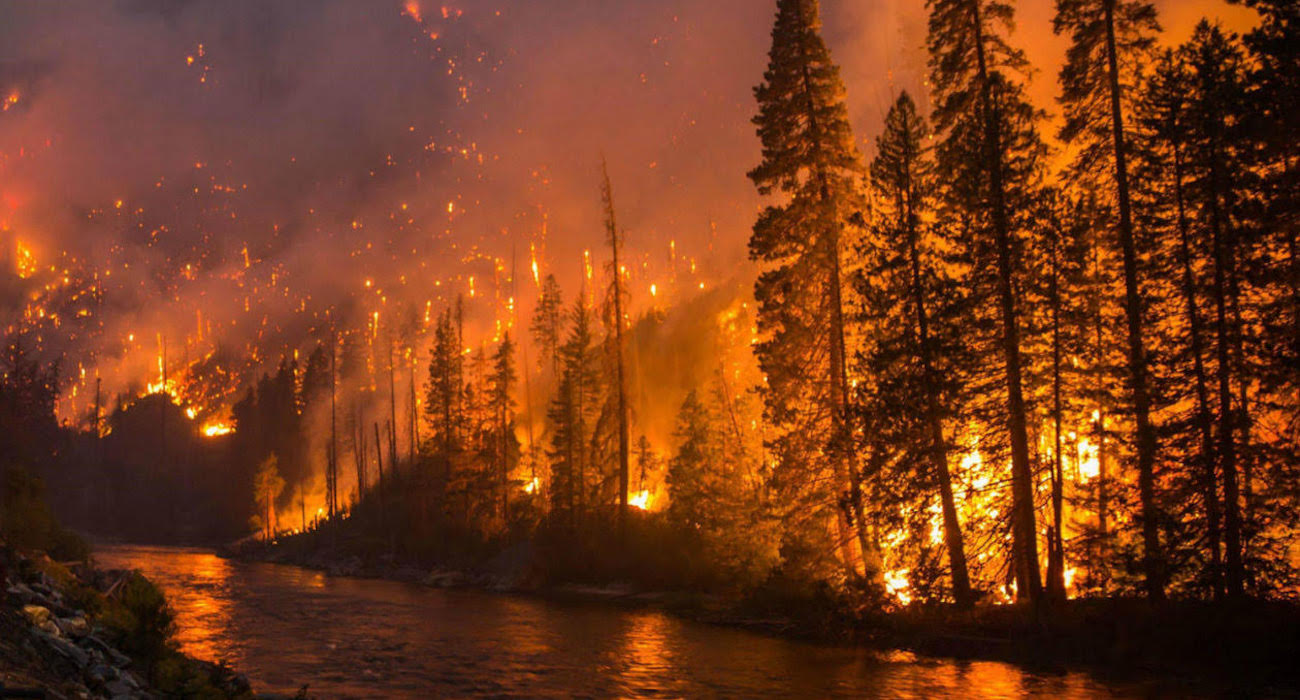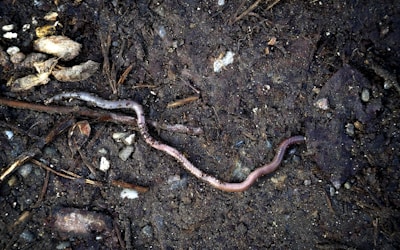Trump Administration Seeks Authority for More Logging to Fight Fire Danger
Decades of neglect have turned much of America’s forests into fire traps. Many need immediate attention to reduce brush, dead trees and overcrowding.
Excess trees could be logged to help pay for the cleanup. Aesthetics matter because ugly logging – leaving behind brush piles and stump fields – reduces public support for good forestry. Where possible, stumps, limbs, deadfall and undergrowth should be mulched and spread: This will also reduce fire hazard, benefit soil, increase grass and help wildlife.
Due to cost and natural processes, open forest habitats can’t be sustained artificially. Let us do this nature’s way. Plants need animals as much as animals need plants: Without animal impact including planned cattle grazing, forests will again become fire hazards. In forests as on grasslands, healthy systems need more than keystone grazers like bison, or their cattle stand-ins. All the forest creatures large and small must be restored if we want the forests to be well again. Beavers can play a huge role in thinning trees and brush, and repairing forest water cycles. Beaver ponds will attract and support larger numbers of bison/cattle, moose, elk, deer and other large and small species which in turn also control regrowth. Predators are needed to govern the behavior and numbers of these prey species.
Blaming the usual suspects – ‘global warming’ and ‘invasive species’ – dodges responsibility and offers nothing practical to help forests. Forests can’t be restored until and unless forest managers, forest ranchers, timber companies, landowners and conservationists start thinking holistically, and, treat each other as allies instead of adversaries. Therein lies America’s most difficult forestry challenge.
NOTE: this article was originally published to WSJ.com on November 13, 2018. It was written by Jim Carlton.
The White House on Tuesday called on Congress to provide expanded authority to thin out the West’s tinder dry forests, in an attempt to help prevent the kind of cataclysmic wildfires that have ravaged California over the past two weeks.
President Trump in a statement called on Congress to give his administration expanded powers in the pending farm bill to ramp up the removal of trees in overgrown forests. A House version of the bill contains some of those powers, while the Senate’s doesn’t.
Mr. Trump last weekend toured the town of Paradise, Calif., virtually destroyed by the 151,373 acre Camp Fire, which has killed at least 81 people and destroyed 12,600 homes.
Interior Secretary Ryan Zinke and Agriculture Secretary Sonny Perdue said Tuesday they hope Congress will give their agencies powers including streamlined regulatory approvals to increase the removal of trees in overgrown forests, which many forestry experts blame for the growing number of wildfires in California and other Western states.
Mr. Zinke said federal efforts to thin forests through logging and prescribed burns have been hampered by “radical environmentalists” who repeatedly file lawsuits to block the activity. The Interior Secretary said other forces were at work, too, including warmer temperatures.
Some environmentalists accused the administration of using the Camp Fire tragedy to further an agenda of helping big timber companies. “This is not thinning they’re talking about. This is intensive commercial logging,” said Chad Hanson, research ecologist with the John Muir Project, an environmental group based in Big Bear City, Calif.
Mr. Hanson said thinning actually increases the wildfire risk, by taking out stands of trees that can serve as a buffer to the high winds that fan the spread of flames.
Some other environmentalists support thinning, a policy on which the Trump administration and the Democratic-led California government have cooperated.
With the Camp Fire now 70% contained, a new threat to Butte County, which includes Paradise, emerged Tuesday when the National Weather Service issued a flash flood watch for the burn area. The first major storms of the season are forecast to roll in between Wednesday and Friday.



